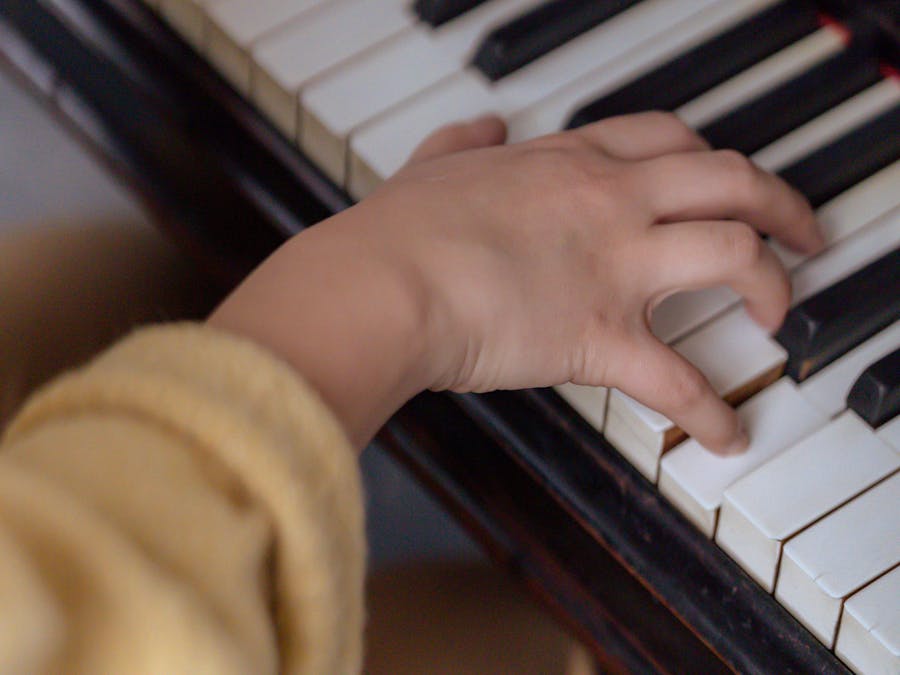 Piano Guidance
Piano Guidance
 Piano Guidance
Piano Guidance

 Photo: Brett Sayles
Photo: Brett Sayles
The first thing to know about piano lesson age is that every child is different. Some children are able to start at age four or younger, while others need to wait until age seven or eight. Some have started as late as their teen years and found great success in piano.

After six months of piano lessons For many people, after 6 months of piano lessons, they find that they can read most of the notes on the staff and...
Read More »
Pianoforall remains one of the best options available for learning to play the piano. This course is comprehensive, has a logical progression, and...
Read More »There’s nothing more heartwarming than hearing your tot plinking around at the piano. But sometimes it’s difficult to tell whether your child is just curious or if it’s time to start investing in piano lessons! What is the right age to start piano lessons? If you’re in doubt, look no further! We’ll tell you exactly what you need to know about piano lesson age right here.


The key of C contains 7 notes: C, D, E, F, G, A, B; we can mix up these notes to play melodies. If all of the your favorite pop songs were played...
Read More »Speaking of being ready for lessons, one of the most crucial prerequisites for piano lessons is a desire to learn. If your child has no interest in playing the piano, it’s very possible that piano lessons will do more harm than good. Put yourself in a child’s shoes: if you don’t want to learn piano, you won’t want to practice. Then, each week, your teacher will be disappointed that you didn’t practice. Before long, your parent is forcing you to practice when you don’t want to and you’ll grow to resent the instrument! This isn’t the relationship you want your child to have with music. If they’re not interested in piano, there are many other activities out there that can help enrich their lives. And there are many other musical instruments that they may be excited to learn. The key is to follow and encourage your child’s interest. You are planting a seed for future growth that needs nurturing and support at this tender age. In addition to these traits, it’s worth considering basic reading skills. Most students will be able to progress in piano study as long as they know the alphabet and numbers 1-5. There are some teaching approaches, such as the Suzuki method, that emphasize a ‘ by ear first’ approach to learning. Students in this method can start as early as age 3 as musical reading is brought in well after the student’s musical ear is developed. So while reading isn’t mandatory when starting lessons, some rudimentary reading skills can be extremely helpful when they’re learning especially in more traditional approaches to piano lessons. After age 6 many piano teachers use method books that have little snippets of stories for the child to read while they learn. If they can’t read, they may have more trouble engaging with the method book. That said, consider that one of the many benefits of piano lessons is that they can help boost your child’s reading skills. Their teacher can even work with them to sound out the words.

He remembered the three R's – regret, react, reassure. Aug 18, 2014
Read More »
Most people who want to learn piano to play for their own enjoyment can get great results within three to five years of study and practice....
Read More »
The first Western system of functional names for the musical notes was introduced by Guido of Arezzo (c. 991 – after 1033), using the beginning...
Read More »
It's not impossible to learn the piano if you have no prior musical experience; just expect it to take you a little longer at the start to master...
Read More »